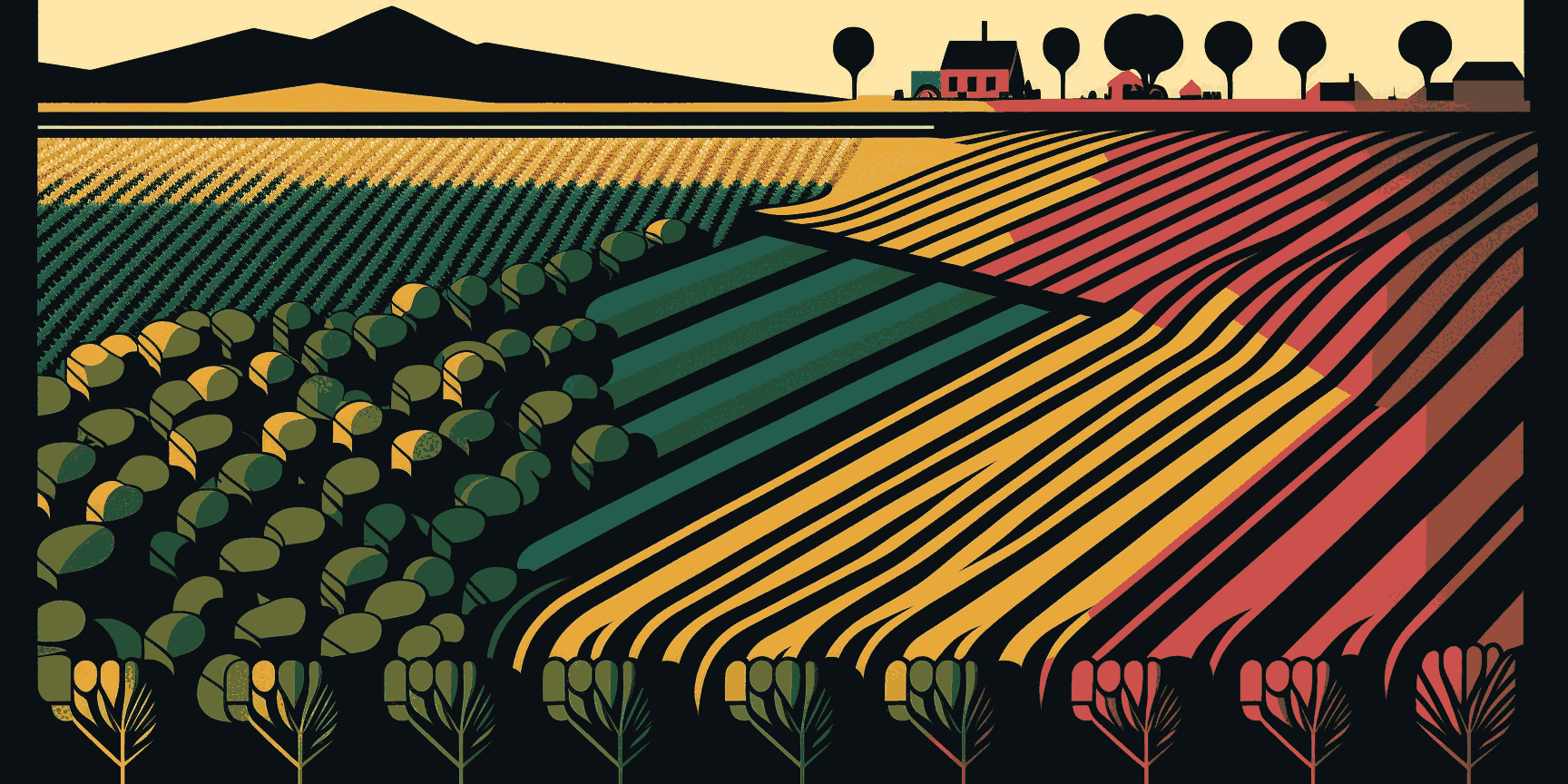The Dark Side Of Unhealthy Agriculture: Climate Change And Its Impact On Our Planet
Did you know that unhealthy agriculture is a significant contributor to climate change? Discover the dark side of modern farming and its impact on our planet.
Table Of Content
- What Is Unhealthy Agriculture?
- Climate Change And Unhealthy Agriculture
- The Impact Of Climate Change On Agriculture
- The Benefits Of Sustainable Agriculture
- Conclusion
- Cause
- Is Caused By
As our world becomes more industrialized, our agricultural practices have become increasingly mechanized, and the use of chemicals and fertilizers has increased. While these practices may increase yields in the short term, they can have disastrous consequences in the long run. Climate change is one of the most significant consequences of unhealthy agriculture, and it is a threat that we cannot ignore.
What Is Unhealthy Agriculture?
Unhealthy agriculture is a type of farming that relies on synthetic fertilizers, pesticides, and herbicides to increase yields. These practices can be harmful to the environment, leading to soil degradation, water pollution, and a decrease in biodiversity. Unhealthy agriculture is also associated with the degradation of soil health, which can lead to the erosion of soil, and the release of greenhouse gases that contribute to climate change.
Climate Change And Unhealthy Agriculture
Climate change is caused by the release of greenhouse gases into the atmosphere, which trap heat and warm the planet. Unhealthy agriculture is a significant contributor to climate change because it is responsible for the release of greenhouse gases, such as carbon dioxide, methane, and nitrous oxide.
The use of synthetic fertilizers is one of the primary contributors to greenhouse gas emissions. When synthetic fertilizers are applied to the soil, they release nitrous oxide, which is a potent greenhouse gas that is 300 times more effective at trapping heat than carbon dioxide. The use of synthetic fertilizers also leads to the degradation of soil health, which can lead to the release of carbon dioxide and methane.
The Impact Of Climate Change On Agriculture
Climate change has a significant impact on agriculture, and it can lead to a decrease in crop yields, a decline in soil health, and an increase in the prevalence of pests and diseases. Climate change can also lead to changes in weather patterns, such as droughts, floods, and extreme heat, which can have a severe impact on agriculture.
As temperatures increase, crops become more susceptible to pests and diseases. Higher temperatures also lead to an increase in the number of insects that can damage crops, such as aphids, beetles, and mites. Additionally, the increased frequency and severity of droughts and floods can lead to crop failure, which can have a devastating impact on farmers and communities that rely on agriculture for their livelihoods.
The Benefits Of Sustainable Agriculture
Sustainable agriculture is an alternative to unhealthy agriculture that prioritizes the health of the soil, the environment, and the people who farm the land. Sustainable agriculture practices include crop rotation, the use of cover crops, the integration of livestock into the farm, and the use of natural fertilizers and pesticides.
Sustainable agriculture has numerous benefits, including an increase in soil health, a decrease in greenhouse gas emissions, and an increase in biodiversity. Sustainable agriculture also leads to higher yields in the long run, and it can provide more stable and resilient farming communities.
Conclusion
Unhealthy agriculture practices have a significant impact on our planet, and climate change is one of the most significant consequences. The use of synthetic fertilizers, pesticides, and herbicides is a major contributor to greenhouse gas emissions, which trap heat and warm the planet. Climate change has a severe impact on agriculture, leading to a decrease in crop yields, a decline in soil health, and an increase in the prevalence of pests and diseases.
However, sustainable agriculture practices offer a viable alternative to unhealthy agriculture. Sustainable agriculture prioritizes the health of the soil, the environment, and the people who farm the land. Sustainable agriculture practices lead to an increase in soil health, a decrease in greenhouse gas emissions, and an increase in biodiversity. By transitioning to sustainable agriculture practices, we can help mitigate the impact of climate change and create a more sustainable future.




